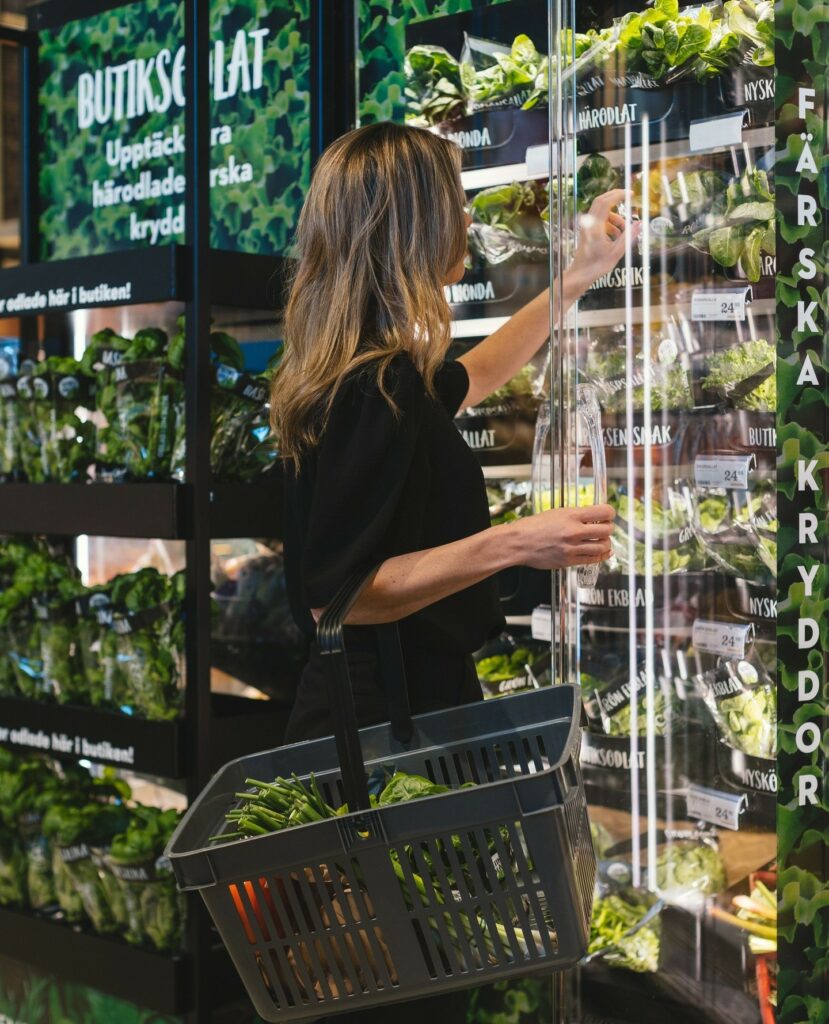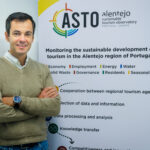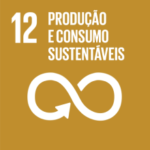
Greenpeace arrives in Portugal with a focus on protecting the oceans and fighting fires
Greenpeace opens office in Portugal and brings the icebreaker Artic Sunrise. The organization’s focus will be on fighting fires and protecting biodiversity, especially the oceans.









